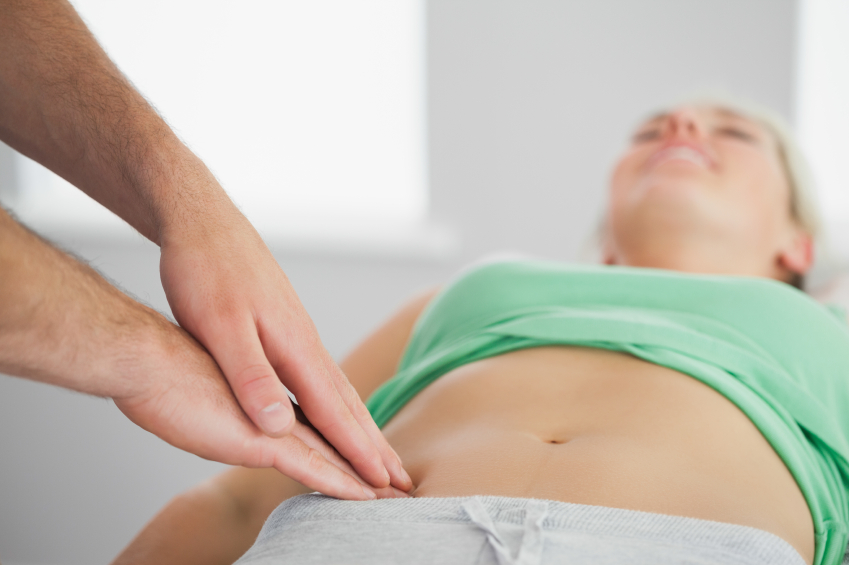Pelvic pain is discomfort or pain between your belly button and groin. Digestive problems and reproductive disorders are the leading causes of pelvic pain. This pain can be acute or chronic. If your pelvic pain in Colonia persists or you experience other symptoms, you need to visit your doctor. There are many causes of pelvic pain. Below are some of them.
Menstrual cramps
Over half of the women experience period pains 1-2 days each cycle. You will experience menstrual cramps below your belly and back. Your uterus builds up a lining of tissue that breaks and sheds during your period. You get a pang when the uterus tightens to push it out. If the pains become severe, you can get medication through your doctor. Exercise, heat pads, and pain relievers can help relieve pain.
Endometriosis
Endometriosis is where the tissue that lines in the uterus grows outside the uterus. It can grow on fallopian tubes, ovaries, intestines, and other body parts. During your period, these clumps break, but they do not have a way to leave out of your body. Endometriosis will cause pain during sex and menstruation. You will receive treatment depending on symptom severity.
Fibroids
Fibroids are lumps of fibrous tissue and muscle within the uterus. They are not cancerous. They cause pain in the pelvis, lower back, or during sex. Fibroids also cause cramping and excessive bleeding during menstruation. Not all fibroids need treatment. If you find it challenging to manage your symptoms, visit your doctor for treatment and recommendations. Treatment includes the use of medications, non-invasive procedures, or even surgery.
Pelvic inflammatory disease (PID)
PID is an infection of female reproductive organs. Gonorrhea and chlamydia are the sexually transmitted diseases leading to this complication. Symptoms of the disease include fever, pelvic pain, abnormal vaginal discharge, bleeding, and pain during sex. Through the use of antibiotics, you can treat it. You should seek treatment as early as possible to avoid further damage to your uterus, fallopian tubes, and vagina.
Kidney stones
Your body will get trouble getting rid of urine if you have stones in the urinary tract, consisting of salts and minerals. These stones will build up in the bladder or kidneys, causing pelvic pain. You will also see urine color change to pink or reddish with blood and experience pain while passing urine. Doctors will recommend medication to relieve pain or break these stones or surgery to remove them in extreme cases.
Ovarian cysts
Sometimes when ovaries release eggs when you ovulate, a follicle does not open to release the egg or may become clogged with fluid. This causes a growth called a cyst. It will lead to bloating, swelling, or pelvic pain. Sometimes the cyst can burst, causing a sharp severe pain in the pelvis, and you will need medical attention.
Some of these problems need medical attention for a short while if detected in time. If you experience severe pelvic pain, visit your healthcare provider to receive a diagnosis and proper treatment. Contact SamWell Institute for Pain Management for effective pain-relief solutions.











